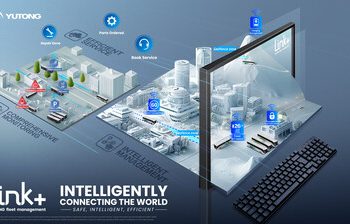USA — Carrier has embarked on the largest field trial in its 123-year history, testing battery-enabled HVAC systems across the United States. The initiative, launched in collaboration with multiple utilities and the Electric Power Research Institute (EPRI), is designed to evaluate how heating and cooling units can become active grid resources instead of passive energy consumers.
The trials are already underway with select homeowners in diverse U.S. climates. They represent a critical step in the development of Carrier’s Home Energy Management System (HEMS), a next-generation platform aimed at pairing variable-speed heat pumps with battery storage.
Shifting from Consumption to Flexibility
By integrating battery systems, Carrier seeks to shift HVAC energy use from peak to off-peak hours, storing power when demand is low and discharging it during high-demand periods. The technology is also being tested for its ability to:
- Maintain indoor comfort during peak demand.
- Support renewable integration by aligning battery charging with periods of abundant solar and wind energy.
- Provide flexible load capacity that utilities can use to meet demand response requirements and defer costly grid infrastructure upgrades.
A National Impact Potential
Carrier estimates that its installed base of more than 30 million HVAC units represents roughly 100 GW of potential flexible load—equivalent to more than 10% of total U.S. peak demand. Unlocking this potential would mark a significant advancement in aligning residential energy consumption with grid stability and renewable generation.
Backed by Data and Research
EPRI, a non-profit energy research institute, is overseeing data collection and analysis to assess real-world outcomes in load shifting, demand response performance, and emissions reductions. The findings will help shape Carrier’s long-term roadmap for decarbonizing residential HVAC while providing utilities with scalable demand-side management tools.
Transforming the Residential Energy Landscape
If successful, the Carrier HVAC battery trial could accelerate the adoption of grid-interactive efficient buildings, providing a blueprint for how homes can play a more active role in decarbonization and energy resilience.
The project underscores a broader shift in the HVAC industry, where energy efficiency, electrification, and storage are converging to create smarter, cleaner, and more connected homes.









